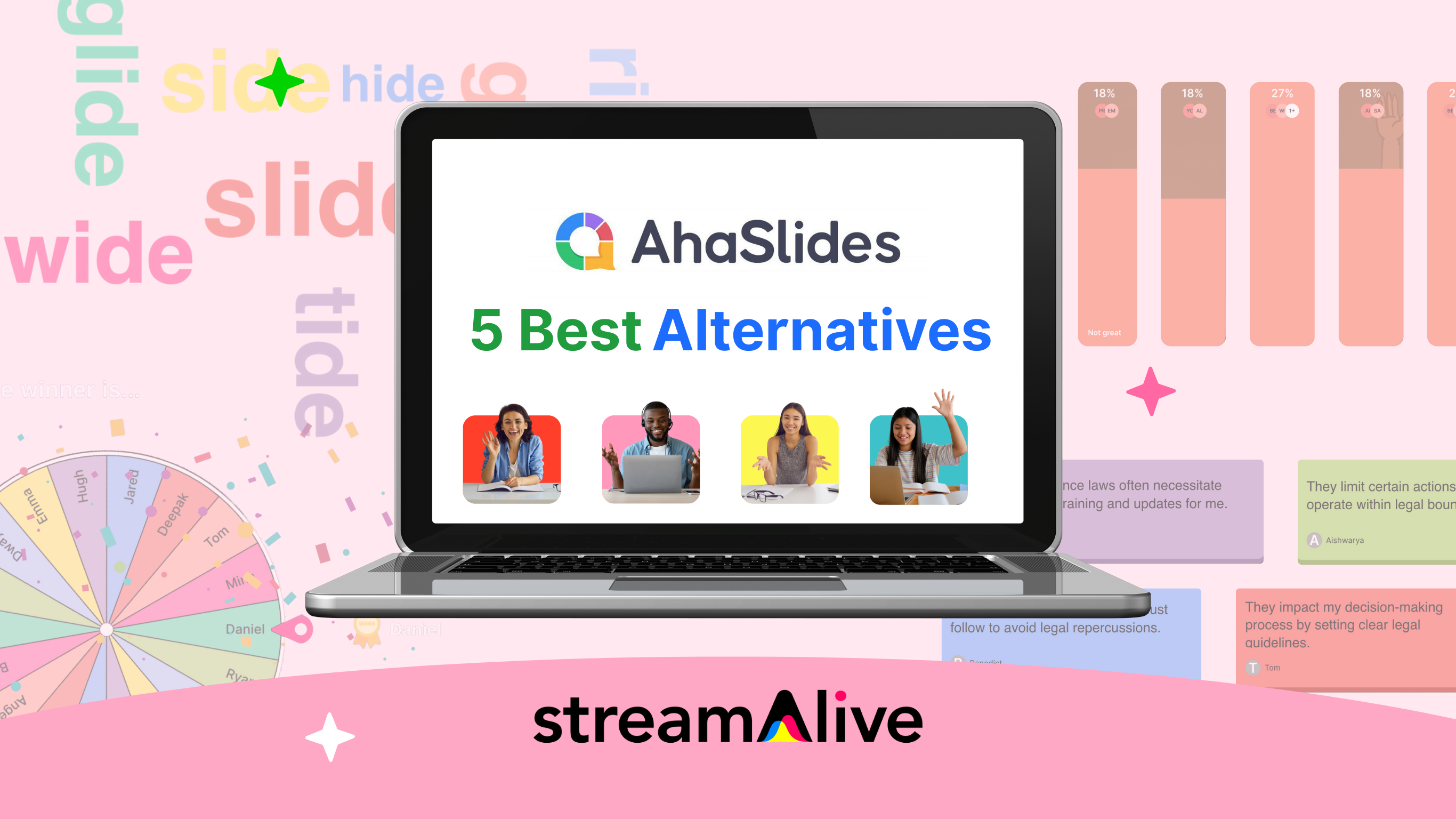In every webinar or livestream you have attended, you’ve likely had a few minutes where your attention drifted away… but then you’d hear a question from the presenter—one you knew the answer to!
The best presenters ask questions every five minutes. Why? There is a science to asking questions.
There is a pattern to the questions that are asked during a livestream or webinar: they start off easy, and slowly start to need more reflection. When the questions seem to become too tough, the presenter relapses to simpler questions to regain the attention of the participants and increase engagement.
How does a presenter know what questions to ask?
As you learn new things, there are many different stressors that arise. Sometimes, the information you’re trying to learn about is too complex to understand easily—or has a high intrinsic cognitive load.
Else, you might find yourself with a teacher who overcomplicates the subject, or the way the information is presented to be confusing, which adds to your extraneous cognitive load.
But, the most important part of learning something new is to combine it with knowledge that you already had by creating a germane cognitive load.
Cognitive load—the amount of information that a working memory can hold at one time—can be stimulated by questions, and these three forms of cognitive load are vital to learning.
The best presenters aim to reduce extraneous load and increase germane load in their presentations through the use of questions.
What questions should you ask in your next presentation?
The questions you ask during a presentation can impart different levels of cognitive load upon a person. A general rule of thumb is that the more open-ended a question is, the higher the cognitive load it carries is.

Very Low Cognitive Load Questions
On their first day of school, kindergartners are often asked several questions that have “Yes” or “No” answers. Since these questions require no deep thinking, they are often considered ‘pulse check’ questions as their main purpose is to increase audience engagement.
Examples: “Can you hear me?” or “Are you excited to be here today?”
Low Cognitive Load Questions
Questions like these often ask about personal facts that you can answer from a few seconds of thought. These questions often act as warm-ups for the presenter to set the tone for the rest of the session.
Examples: “Where are you joining us from?” or “Tell me one thing that’s on the table in front of you.”
Medium Cognitive Load Questions
In middle school, you’ve probably gone around signing “slam books” full of questions that touch upon your tastes and preferences. While many answers may come to mind, the participant must choose one after considering how each answer will be perceived. These questions have a medium cognitive load and allow you to build a better profile of your audience.
Examples: “What’s your favorite movie that’s currently in theatres?” or “What is the most important quality for a human to have?”

High Cognitive Load Questions
Often, most questions asked by presenters fall into this category. They are primarily focused on your domain or the content of your stream. These questions are intended to be thought-provoking and cause participants to think back on the session.
Examples: “How much of a livestream should include pre-recorded or pre-produced content?” or “Should all virtual events be livestreamed?”
Very High Cognitive Load Questions
The most philosophical of questions—those which cause a high load—often can’t be narrowed down or answered with a few seconds of thought. Instead, they may cause stress for the participants or even cause some to withdraw from engaging.
Examples: “Does free will exist?” or “What is the meaning of true love?”

While you should avoid using very low and very high load questions in your presentations, low, medium, and high-load questions should be integral to your livestream or webinar. They’ll help lessen the extraneous cognitive load on your participants, and increase their germane load—so they’ll better retain new information.


.png)



.svg.png)



